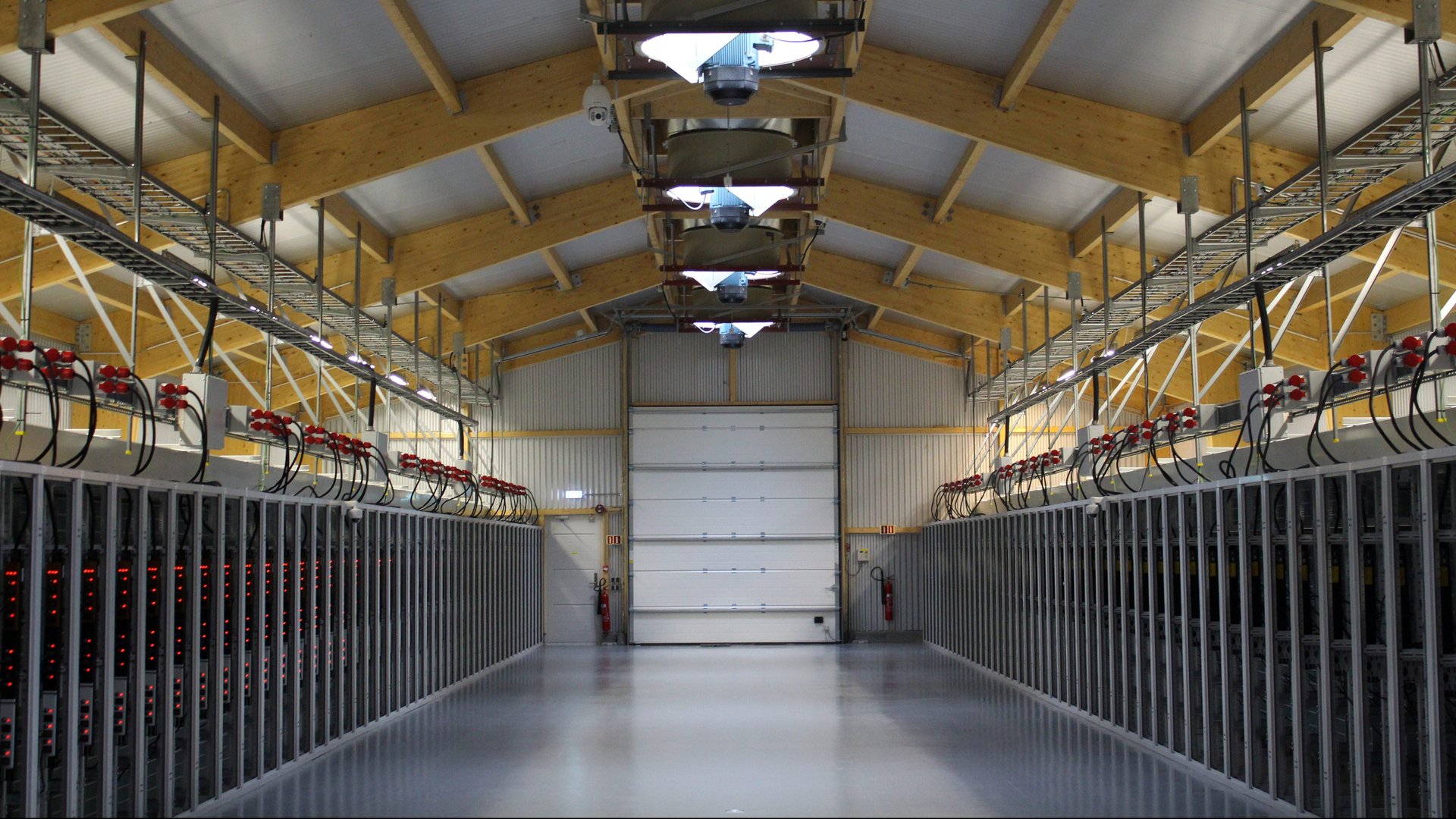Bitcoin miners have collectively earned more than $2 billion
Bitcoin mining has become a multi-billion dollar industry. Bitcoin miners have collectively earned over $2 billion in revenue since the cryptocurrency was established in 2008, according to an estimate from a new report published by the Cambridge Centre for Alternative Finance.


Bitcoin mining has become a multi-billion dollar industry. Bitcoin miners have collectively earned over $2 billion in revenue since the cryptocurrency was established in 2008, according to an estimate from a new report published by the Cambridge Centre for Alternative Finance.
Bitcoin mining is how transactions on the bitcoin network get processed. Transactions in bitcoin are bundled into “blocks,” and it’s the job of miners to confirm those blocks are legitimate. This happens when a miner successfully solves a cryptographic puzzle attached to each block, gaining a payout called the “block reward.” This payout halves every four years; the current reward is 12.5 bitcoins per block, or $15,350 at today’s prices. The twist is this: miners must compete with one another with greater computational power to solve the puzzle and win the payout.
These incentives have led to a massive increase in complexity and need for computational power. In bitcoin’s early days, people mined the cryptocurrency on their home computers. Today, server farms of thousands of custom-designed machines around the world compete with one another to solve the puzzle first.
Revenues generated by the bitcoin mining sector could be significantly higher, the report says. The estimate only accounts for revenues earned from block rewards and fees paid by bitcoin users for having their transactions processed. It doesn’t include revenue from selling mining equipment, or providing “cloud mining” services, which let subscribers share in block rewards for a fee, without having to operate their own equipment.
Importantly, the estimate doesn’t account for capital gains from cashing out of bitcoin strategically, since the researchers assumed block rewards were immediately converted to US dollars. Those gains could be substantial, since bitcoin has been on a historic bull run.
Transaction fees have historically been a small part of miners’ revenue, but they’ve shot up this year as the number of transactions gets closer to the bitcoin network’s limit. Users are willing to pay higher fees to ensure their transactions are processed by miners. The question of how to raise the limit is at the heart of the “civil war” that has divided the bitcoin world. As bitcoin adoption grows, miners are prospering.